Amid numerous challenges for the EU’s budget, including the aftermath of the Covid-19 pandemic, the war in Ukraine and the energy crisis, the Parliament is set to back proposals for new sources of revenue in line with the EU’s priorities.
Under the proposal, the EU would gain three new sources of income: revenue from emissions trading, resources generated by the proposed EU carbon border adjustment mechanism (CBAM), and revenues related to the corporate taxation of multinationals based on a proposal agreed by the OECD/G20 over the summer.
The European Commission estimates that the new sources of revenue could generate up to €17 billion a year for the EU budget for 2026-2030. They should help repay the funds raised by the EU to finance the grant component of NextGenerationEU, finance the Social Climate Fund and play a part in the new emissions trading system, which will contribute to the transition to a decarbonised economy.
“The EU needs new own resources to at least repay the borrowing of NextGenerationEU. Without new own resources, after 2027, we will have to cut more than €15 billion per year from EU programmes. We will turn ‘Next Generation EU’ into’ No Generation EU’,” said José Manuel Fernandes (EPP, Portugal), one of the Parliament’s lead MEPs on this topic.
“So why now? We are currently completing those laws, in particular the carbon market reform and the carbon border tax. It is now up to member states, once these instruments are created, to turn them into own resources in line with our promise to pay back the borrowing,” said Valérie Hayer (Renew Europe, France), one of the other lead MEPs on this.
“In the absence of these new own resources, we would have only two alternatives: either increasing national contributions, and therefore taxes at home, or cutting into regular European programmes. Cuts into the Common Agricultural Policy, cuts into the financing of Erasmus+… We refuse let this happen. That’s why we are building up these own resources!” Hayer added.
Raising revenue
Traditionally, the EU’s budget comes from customs duties, a percentage of VAT collected by EU countries and a share of the member states’ annual gross national income. It also includes other resources such as fines from companies breaching EU competition law and taxes on salaries of EU staff.
However, in 2020 the EU agreed on a record stimulus package of more than €2 trillion, in response to the economic challenge of the pandemic, boosting the long-term budget and introducing the temporary recovery instrument; NextGenerationEU.
It meant that the EU could take on debt in order to support EU countries in fighting the crisis. To help repay the borrowing, the EU institutions agreed to introduce new own resources as this would allow more diversified and resilient types of revenue.
Since 2021, an own resource based on non-recycled plastic packaging waste has been in place and a digital levy will be included from 2023.
MEPs will vote on the own resources proposal during the plenary session on 21-24 November.
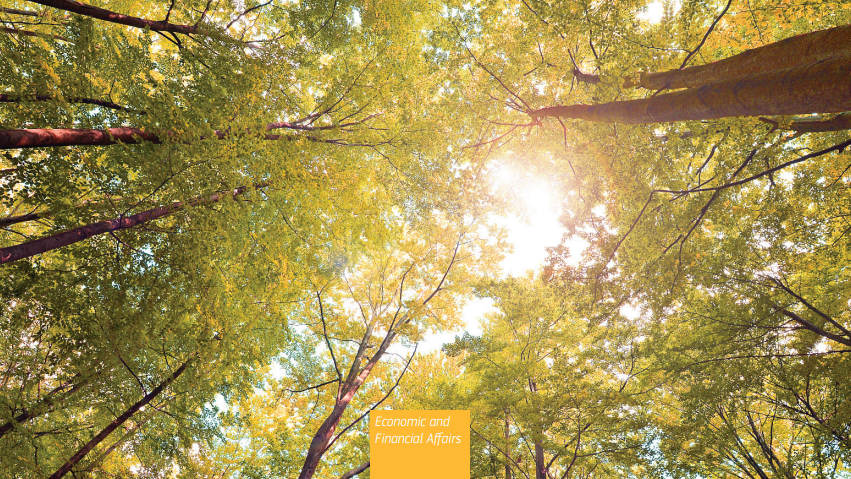
Autumn 2022 Economic Forecast: The EU economy at a turning point |

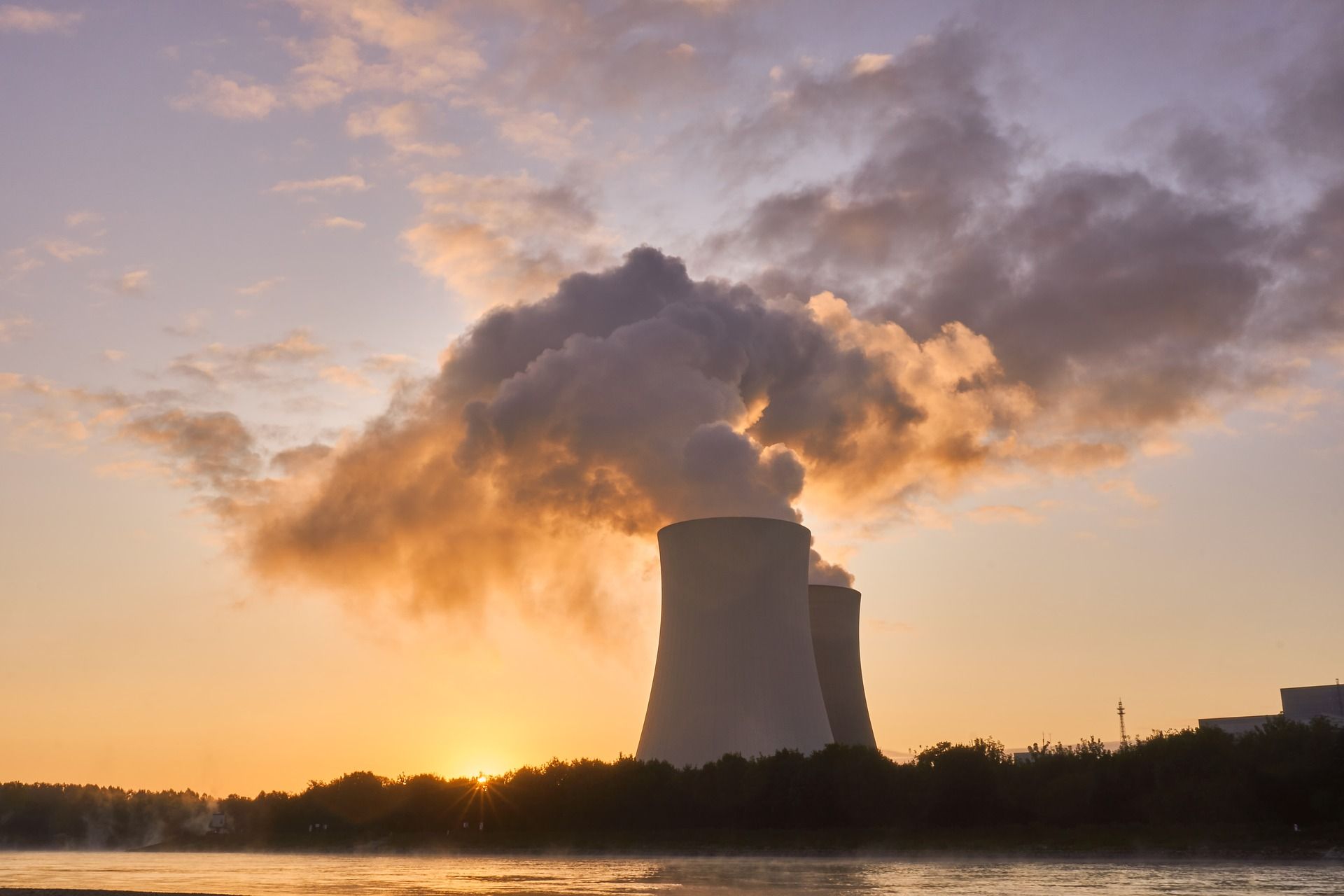

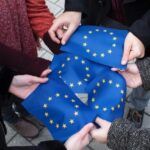
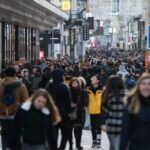

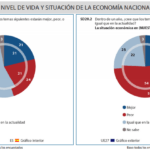
Leave a Reply